U.S. Rep Matt Rosendale has become a vocal opponent of IVF. His controversial position that IVF affects the rights of the embryo has been raised in the conversation about reproductive rights and sparked fear about further federal governmental oversight of women’s rights.
Matt Rosendale’s Controversial Stand

U.S. Rep. Matt Rosendale has become a controversial figure with his stance against federally funded in vitro fertilization (IVF). He’s been clear about his position, creating posters and proposing legislation to bring reproductive issues to political discussions.
Main Platform

Rosendale opposes the use of taxpayer money to fund IVF treatments. He argues that many embryos are frozen, destroyed, or given away for research purposes.
Limiting Federal Involvement
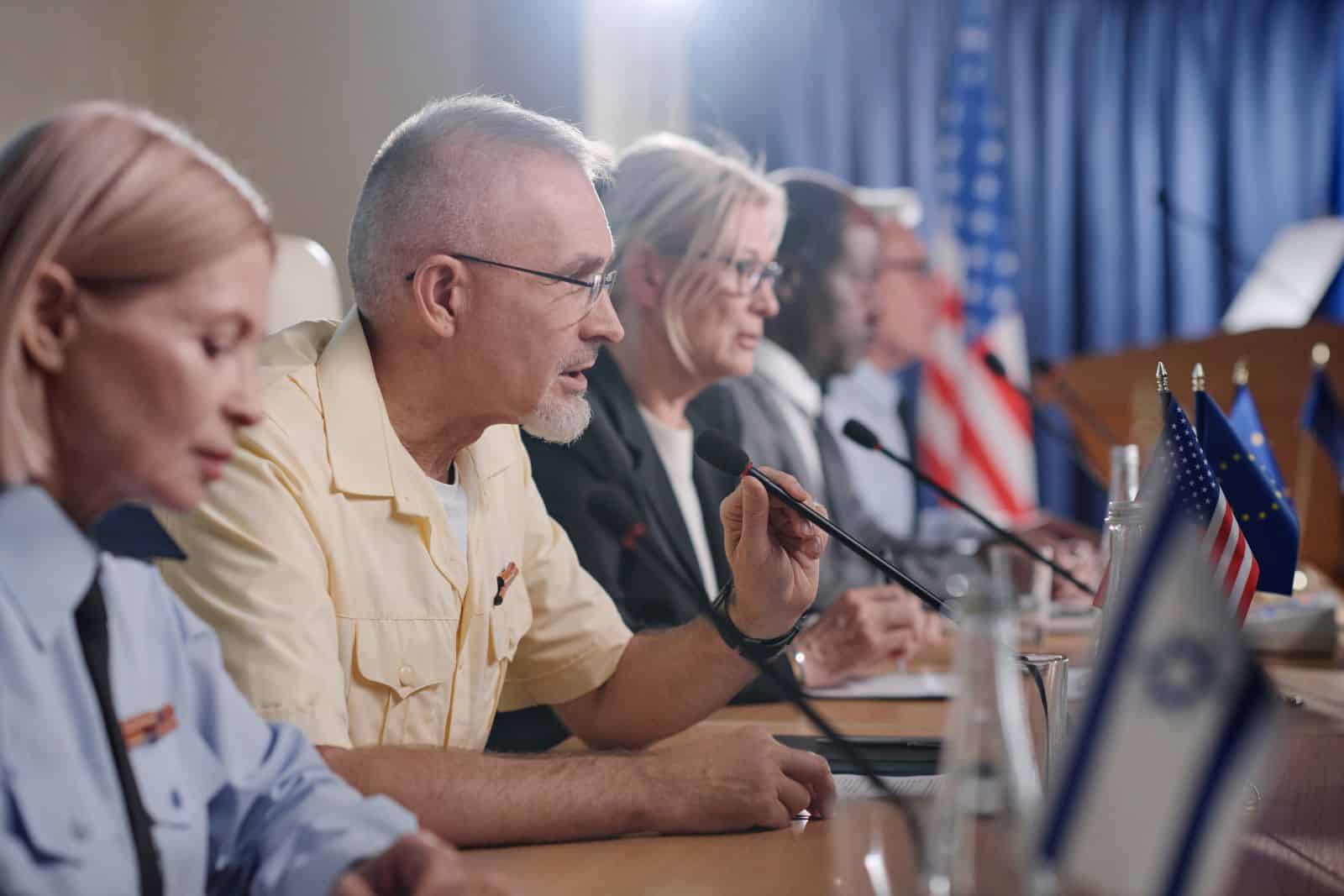
His stance has been part of a broader discussion around federal involvement in reproductive health. Both parties have argued about how far federal reach can go in these cases.
Public Displays of Opposition

Rosendale has even gone so far as to place posters outside of his office stating “IVF Destroys More Life than Planned Parenthood.” His intention has been to draw attention to what he considers an unethical practice.
Rosendale’s Post

Rosendale took to X recently to say “The more I look into IVF, the bigger problem I see.” He’s previously stated that “IVF destroys more life than it creates.”
Taxpayer Dollars

With his opposition to the current IVF processes, Rosendale also believes that federal money should not be utilized “to support a system that kills children.”
Legislative Efforts

Earlier last month, Rosendale proposed amendments to defense spending bills to prohibit federal funding in IVF. Although they were rejected, it shows his strong stance on the issue.
Reaction From Republicans

Republicans have generally avoided taking a strong position on IVF, whereas Rosendale has chosen to address it head-on. His position is a clear switch from what typical Republicans are saying.
GOP Response
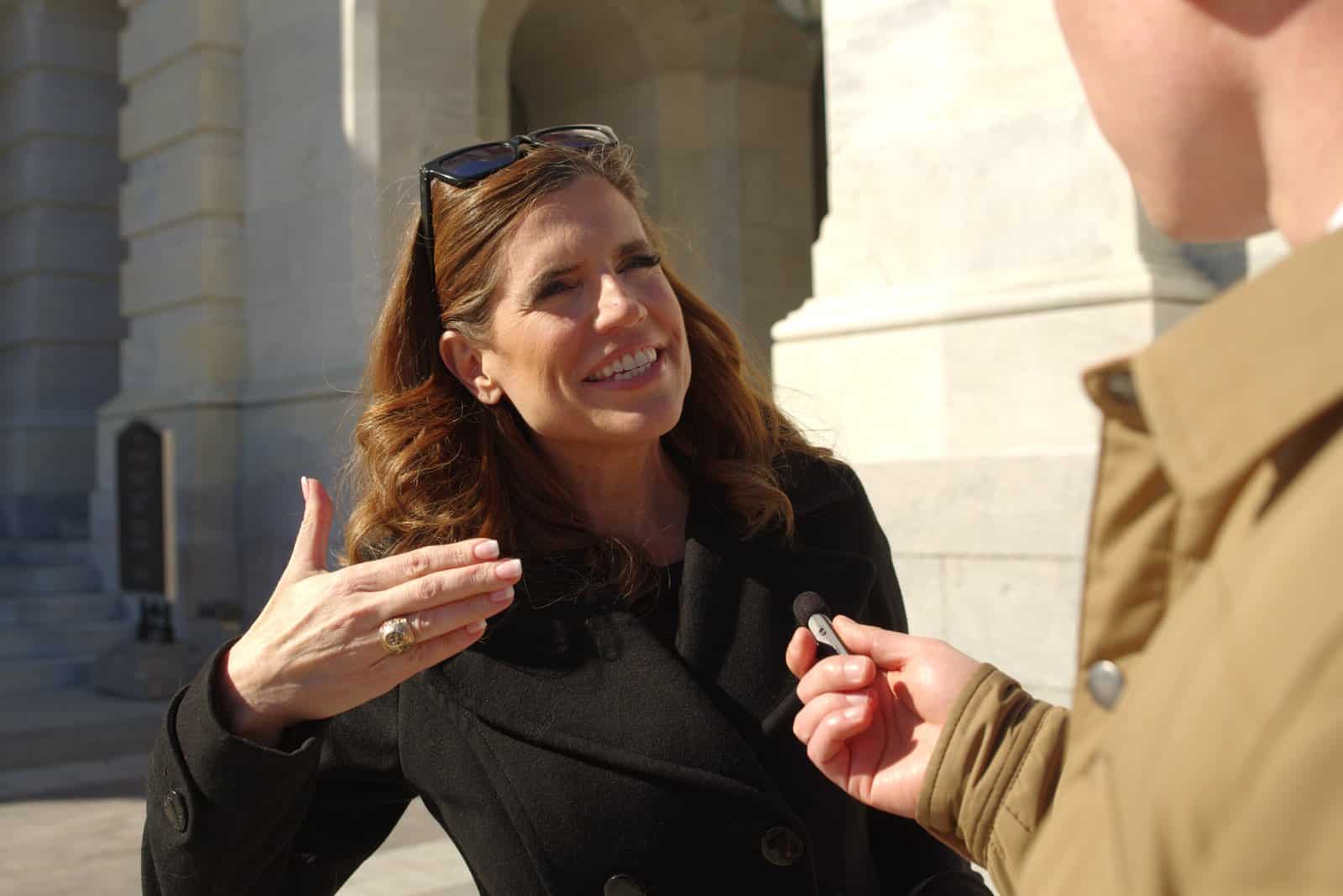
Several of Rosendale’s Republican colleagues have publicly opposed his stance. Rep. Nancy Mace of South Carolina and Rep. Zinke of Montana, along with other politicians, have been vocal in their support of IVF and its benefits in families.
Comments From Female Politicians

Other politicians have also been vocal in their opinion regarding Rosendale’s controversial position. Rep. Nancy Mace, for instance, has made it clear that she will do everything in her power to protect access to IVF.
Reproductive Issues in Politics
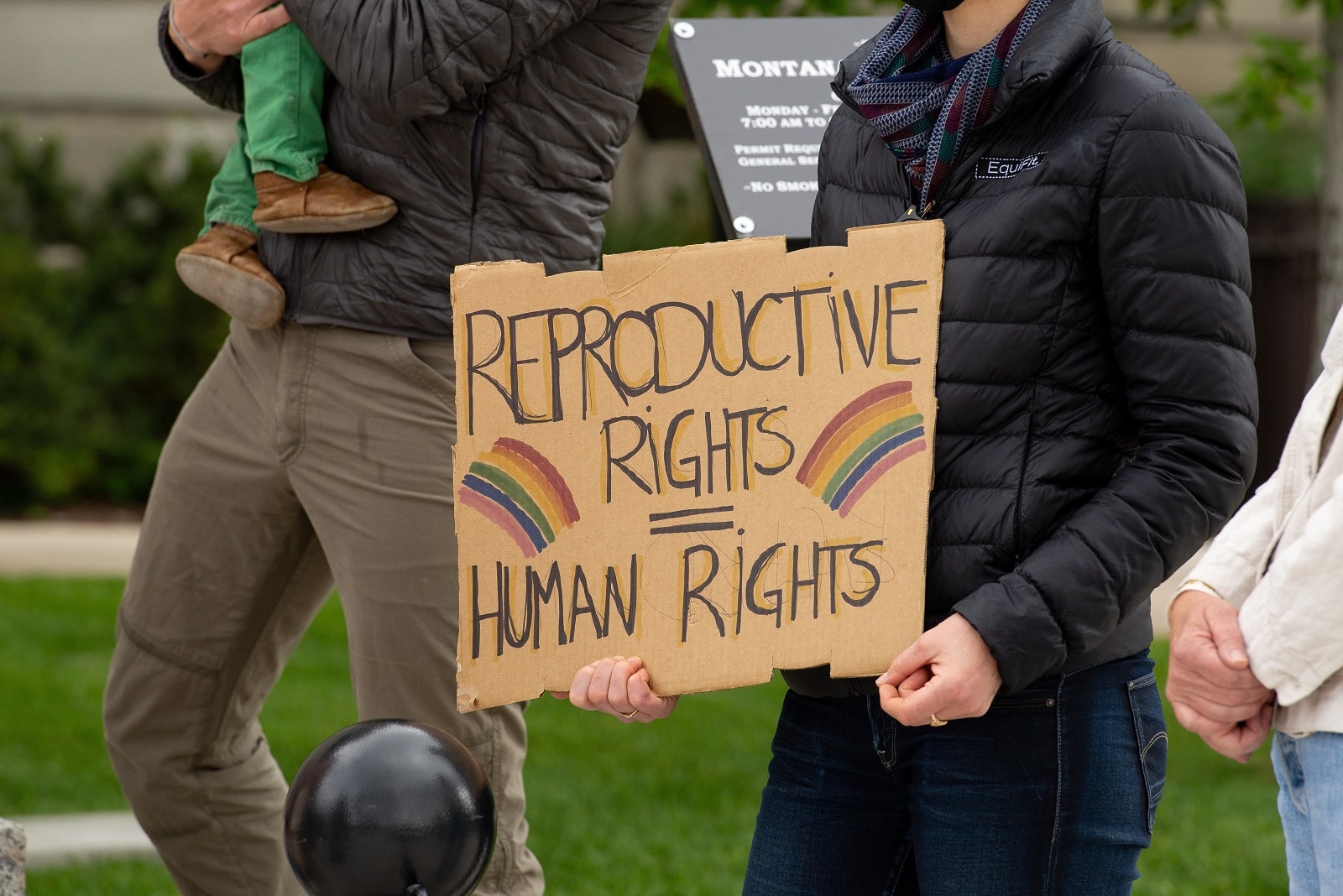
Rosendale’s actions have brought reproductive issues heavily into the political spotlight. Conversations about abortion and other reproductive rights have been popular topics of discussion lately, which has put IVF in the spotlight as well.
The Role of Federal Funding

The debate has also centered around whether federal funding should be used in IVF. This once again brings up the ethical considerations of government involvement in reproductive health services.
Women’s Reactions

Many women have expressed their outrage and concern over Rosendale’s comments and proposed legislation. They are fearful that if this perspective reaches legislation, health services and women’s rights could be limited.
Implications for Women’s Health

Rosendale’s stance on IVF could limit access to these essential medical treatments. This could make it harder for families to conceive children and for women to receive the necessary reproductive health care.
IVF as a Lifeline

Many families who struggle with infertility have turned to IVF as a critical medical procedure. Efforts to limit its availability could have devastating effects on these families.
Ethical Considerations
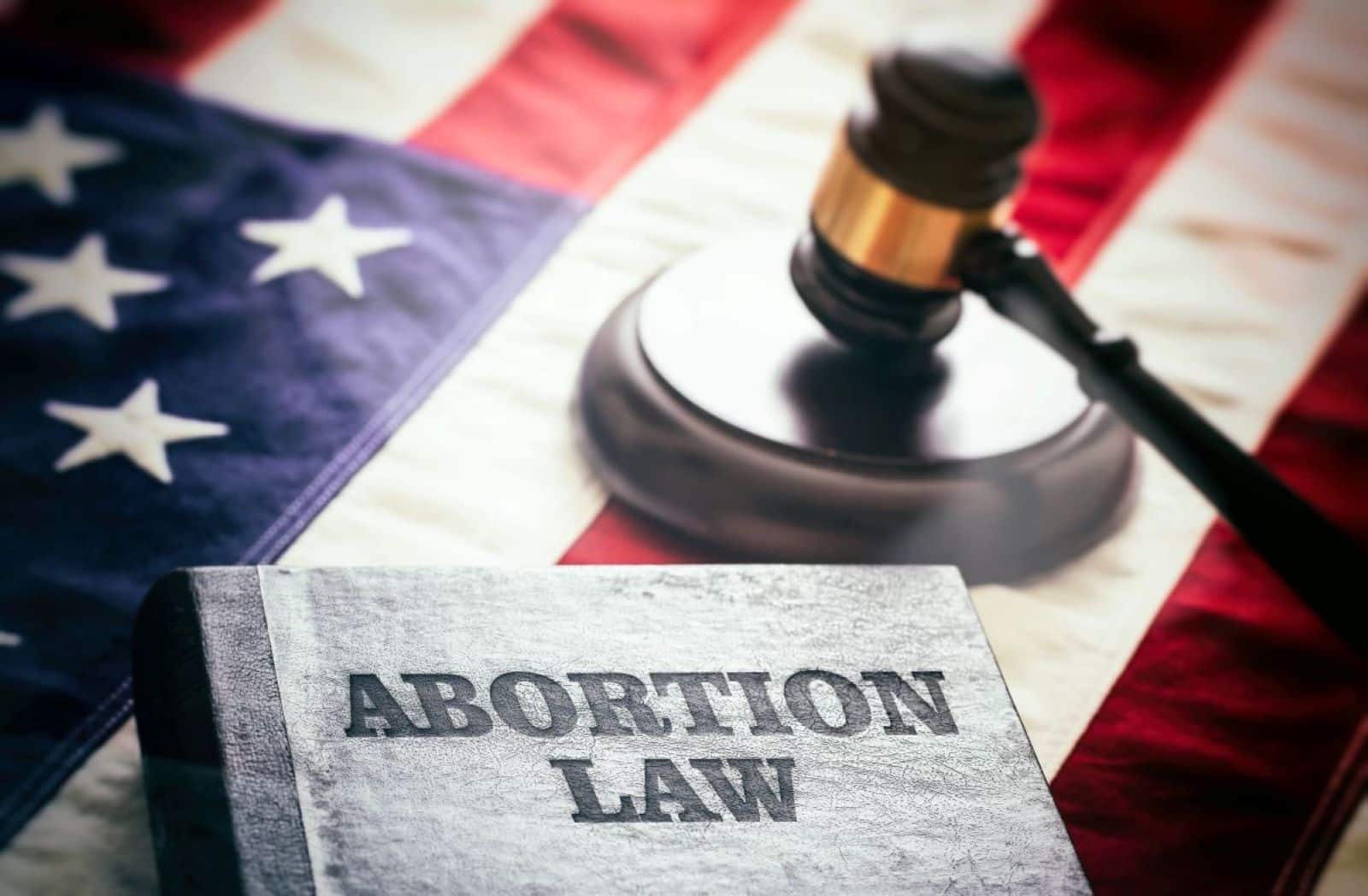
Rosendale’s position raises more ethical questions about when life begins and if embryos should be given rights. This has been central to the overall debate over reproductive rights, including abortion and IVF.
Public Opinion on IVF

Generally, public opinion has been supportive over IVF. Many people recognize that IVF is important for families who are dealing with infertility, which puts Rosendale’s stance at odds with the general public.
The Future of Reproductive Legislation

Depending on how future legislative debates proceed, Rosendale’s stance could have significant political ramifications. This is especially true as reproductive rights continue to play a major role in future electoral politics.
Intersection of Religion and Politics

Rosendale’s views are mainly influenced by his belief that life begins at conception. This perspective is shared by many religious conservatives. This intersection of religion and politics has remained a key factor in the debate.
Advocacy for IVF
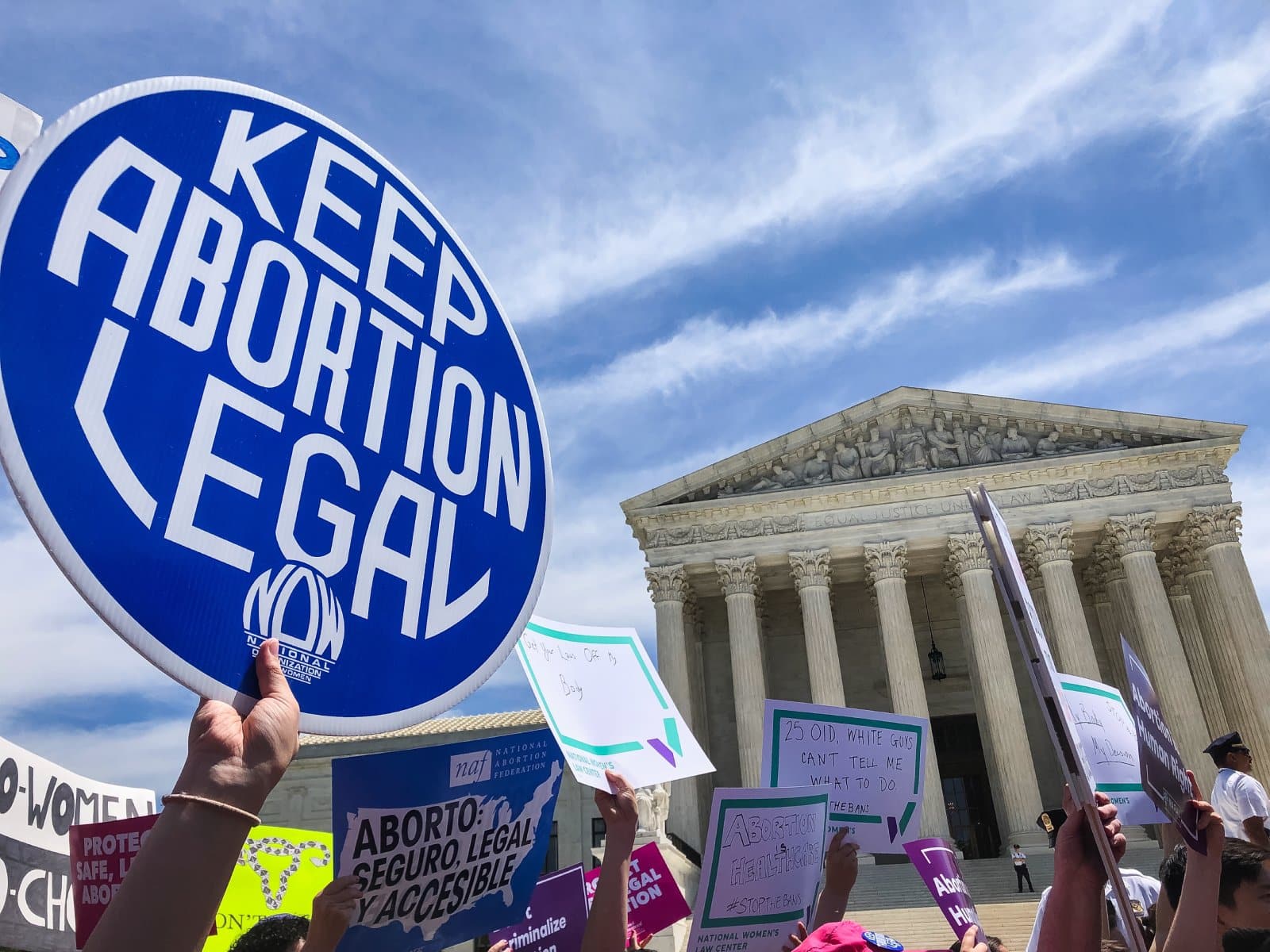
Advocates for IVF and reproductive rights have been working to make sure Rosendale’s efforts do not gain more traction. This emphasizes the importance of access to these medical treatments for families.
How the Issue Proceeds

Rosendale’s controversial stance on IVF has brought further attention to the debate about reproductive rights, federal funding, and the ethical implications of assisted reproductive technologies. If his opinions gain more widespread attention, we may see a greater impact on women’s health and autonomy.
21 Beliefs About the Bible That Are Actually False

The Bible is one of the most discussed and debated books in history, yet many common beliefs about it are more myth than fact. How many of these misconceptions have you heard before? 21 Beliefs About the Bible That Are Actually False
21 Subtle Racisms That Are Commonplace in America

Racism in America isn’t always overt; it often hides in plain sight through subtle actions and attitudes. How many of these subtle racisms have you noticed around you? 21 Subtle Racisms That Are Commonplace in America
Only Legal in America: 21 Things You CAN’T Do in the Rest of the World

The U.S. dances to its own beat, especially when it comes to laws that make the rest of the world do a double-take. Here’s a lineup of things that scream “Only in America,” sticking strictly to what’s written in the law books. Ready for a tour through the American legal landscape that’ll leave you wondering if freedom might just be a bit too free? Only Legal in America: 21 Things You CAN’T Do in the Rest of the World
Featured Image Credit: Shutterstock / Wild 2 Free.

